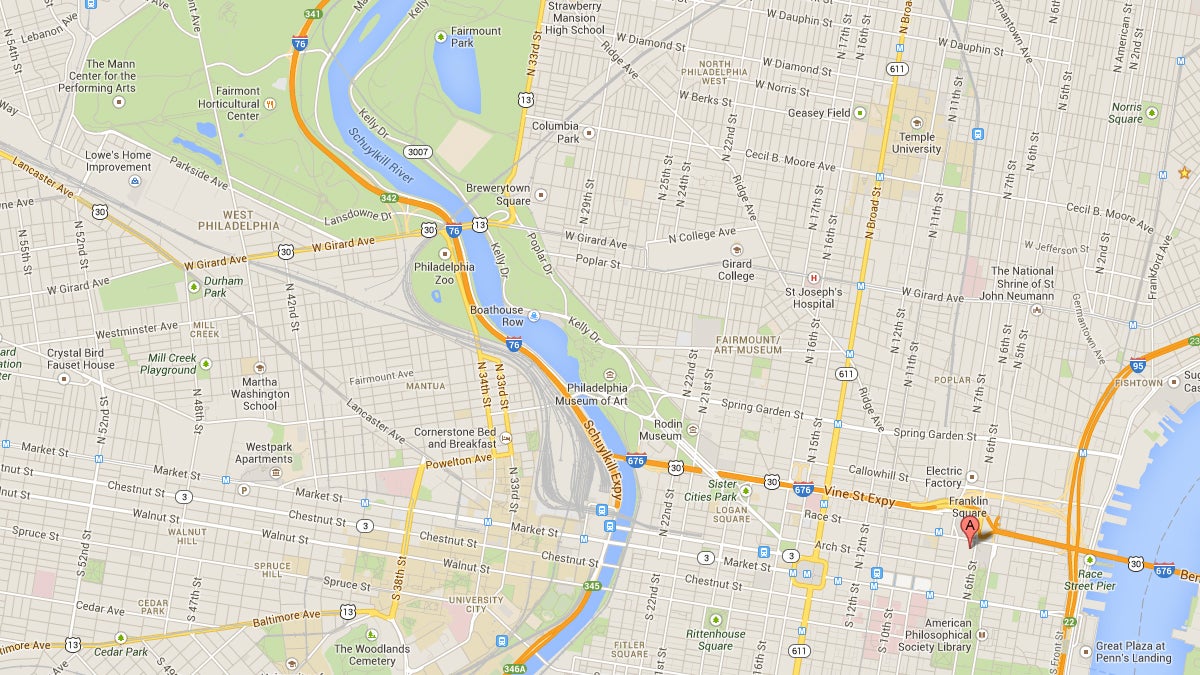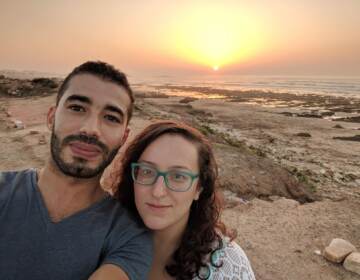Rutgers prof builds Android app to reveal when other apps secretly track your location
Listen
This Google Maps image shows the location of the WHYY studios in Philadelphia.
Part of a smartphone app’s appeal can be its ability to do things for you based on your location. But many apps may be tracking your location without any obvious reason — and without you even knowing it.
Janne Lindqvist, a computer-engineering professor at Rutgers, is working to change that.
“I want smartphone consumers to be able to make better decisions with respect to their privacy,” Lindqvist said.
Last spring, he led a research study using Android-powered smartphones. Many of the 22 participants were surprised to find that games or even dictionary apps were tracking them via their phone’s GPS sensors.
This, of course, was before Edward Snowden — and before a new revelation last week that the popular game Angry Birds was unknowingly leaking user data to the NSA.
“Lots of apps take your location because it’s part of their revenue model,” said Lindqvist.
With current Android privacy disclosures inadequate — often a “laundry list of permissions” at the point of download, Lindqvist said — the idea was to help smartphone users learn what’s really going on with their apps.
Lindqvist’s solution is an app that posts a banner at the top of the screen when an app you’re using is tracking your location. The app also shows a history of apps that have tracked you and the locations from which they’ve received location data, Lindqvist said.
This was previously not possible because the Android operating system is engineered to prevent apps from accessing information about other apps.
“However, we discovered we could exploit the method getLastKnownLocation available in the Android Location API [application programming interface] for this purpose as an effective side channel,” Lindqvist writes in a summary of his research findings.
Lindqvist hopes to have the as-yet-unnamed app publicly available in the Google Play store in a matter of weeks. The big-picture goal, he says, is to empower users to pressure Google and app makers to improve transparency.
“Eventually we would hope that the smartphone platforms would change for the better,” he said.
WHYY is your source for fact-based, in-depth journalism and information. As a nonprofit organization, we rely on financial support from readers like you. Please give today.




